|
There are a million reasons why people join Martial arts. The rationalization usually following the line of being bullied at school, rape statistics or they possibly have already been harmed. While these are perfectly good reasons to learn Martial Arts, as instructors we have to look at the deeper underlying cause. FEARFear is such a powerful motivator that for centuries we have manipulated it and used it for psychological marketing schemes. This is referred to as Fear Appeal.Fear Appeal describes a strategy in which one incites a fear to motivate people into purchasing products or supporting policies. A women's gun training campaign ad demonstrating Fear Appeal.Some of these fears, such as a violent attack are justifiable. According to the FBI, the overall violent crimes committed in 2016 rose at 4.1%. There were an estimated 17,250 murders committed, rising 8.6% from 2015. These statistics are enough to make anyone think twice before walking down any alley. Some Dojos play on the fear of becoming one of those statistics. Making potential students not only believe that they will be attacked but are also incapable of defending themselves. This trend has become particularly popular with targeting women to the point that almost anywhere you go you will find some kind of “self-defense” seminar. The truth of the matter is anyone is capable of defending themselves with the proper knowledge and application. While Dojo’s might be trying to better their enrollment with this tactic; they could be actually sabotaging their own efforts. While fear can be an excellent motivator, it can also be a double edged sword and can become a deterrent. There is a fine line where fear appeal morphs into the Fear Factor. No not that Fear Factor...Where Fear Appeal is based on motivating; Fear factor is when a person’s state of mind prevents them from action. The fear of the unknown in a Dojo could cripple a potential student from ever crossing the Dojo threshold. We have all heard the countless stories of students who passed the Dojo countless times wanting to sign up, but never having the courage to actually enter and sign up. If a student can curb their anxiety and sign up, they may still grapple with it. Any little trigger could cause their acute stress response, also known as the fight or flight response. In other words, a student under too much duress can become literally “deer in the headlights.” A student motivated by fear appeal is more likely to channel their fight response in a high stress situation and possibly lash out. Where as a student grappling with the fear factor more than likely will channel their flight reflex in a distressing situation, causing the student to quit. As instructors, it’s not our position to motivate students or manipulate them. As instructors, it’s not our position to motivate students or manipulate them. However, with proper training and guidance, students can learn to recognize that they are slipping into that state of mind and how to control it. It requires instructors to not only recognize a student’s physical abilities but also their mental and emotional capabilities. As Instructors, do we not contemplate our own physical, mental and emotional capabilities?We all come up with theories of how we would respond in the event that someone attacked us, because we as human always contemplate the “what if”. Every Martial Artist has theoretical moments of what their response would be in a high stress situation such as a physical attack. Will all of our training allow our muscle memory to kick in and defend us? Or would our adrenaline kick in and override our clear conscious thinking? Would our acute response kick in and which would it be? Fight or Flight? The purpose of Martial Arts is not to rely on your acute stress response in a confrontation, but rather to suppress it and react with a clear mind.In a confrontation, you can learn thousands of systems, methods and techniques to defend yourself, but it won’t mean anything if you panic. Knowledge is powerful, but it is not dangerous until it is applied. We need both the mind and the body to be the warrior. As Martial Artist, always remember our goal is not to be stuck in the fear factor but to transcend into the
"Wow Factor".
5 Comments
There are many factors that can contribute to the success or failure of a student...One of the fluctuating variables that instructors have to work with at times can have some of the fiercest personalities… Karate ParentsA karate parent may not seem like a big deal, but they single handedly could be the deciding factor at a student’s success or failure. With young student’s parents are not just involved in the enrollment process; they can be detrimental in reinforcing the emotional growth martial arts provides students. This instrumental role in their child’s journey can be a double edged sword: to have a immensely impacting role on their child’s Martial Arts future and yet at times know next to nothing about Martial Arts. Yikes...For those that own their own Dojos and are especially lousy at harmonizing with parents, it could cost them not only their students but their business. It’s a balancing act that any Sifu, Sensei or Master has juggled with and at times may have fumbled. One of my friends Jennifer Waters just promoted to 5th Degree Black belt in Kempo Karate. She is a amateur MMA fighter and owns/operates 2 Dojos.Jennifer Waters, front and center after her 5th Degree Black belt test and promotion.Needless to say, she has done her fair share of juggling. She explains, "Parents that are actively involved with their child's martial arts journey are such a huge asset! Every child wants the support of their parent. With such a challenging physical and mental activity like martial arts, parental support is much needed!” When parents become too involved they can end up adding more stress to their child and hinder the educational process.Memorizing the physical movements as well as the philosophy behind the system can be overwhelming for an adult, let alone a child. The key to not frustrating them, is to not rush them. Mrs. Waters concur’s, “I think karate parents struggle with wanting their children to understand or "get" the techniques right away. Martial arts takes time. It's no different than any other physical sport, the more your child practices, the better he or she will become over time.” Time is the key to any student’s study.Yes, that's how the Ninja Turtles got that good.Time allows the student to become seasoned and to develop emotionally. Many of the benefits students obtain from Martial Arts are emotionally based; respect, honor, perseverance and self respect. These things take time. Being inpatient can hinder collaboration with instructorsThis could not only add more stress to their child but also can unintentionally undermine the Instructor’s authority. To help keep the peace, Mrs. Waters suggests, “I always guide my karate parents to refer back to what the main instructor is coaching your child to do. Use this to help your child reach his/her full potential.” Mrs. Waters with her dad and some of her students.When parents collaborate with the Instructors, it opens them up to help re-inforce the morals and principles such as dedication. DEDICATION alone can be the hardest lesson for a child to learn and could definitely require a parent’s encouragement. Mrs. Water’s completely agrees, “I believe that parents hinder their children when they let their child give up too easy. Instead of pushing their child to work past the difficulties they encounter, many are willing to let their child quit on a technique, a style, or martial arts in its entirety.” While some parents might be overly assertive with their child’s study, some can be dismissive.It’s difficult to be involved with your child’s study if you are absent not just physically but emotionally. In a social media driven world it is all too easy for us to become distracted with our phones while our child is in class. In agreement, Mrs. Waters adds, “Watching and taking an interest in what interests your child is not only a self-esteem builder but also will help them learn to practice with their child at home.” While we as instructors can be analytical of parents, we have to remember the African Proverb... ‘It takes a village to raise a child.”This is especially true in Martial Arts; hence the role of the Dojo (Karate), the Dojang (Taekwondo), the Heya (Sumo) or the Sasaran (Silat). Instructors are and should be held just as responsible as parents went it comes to encouraging their student. Some of our Double Dragon students: Ashley (Left), Sami (Center), Dani (Right)“As an instructor we have to remember to be patient with parents,” Ms. Water’s reminds us, “They really love their child and want what's best for them. Keep this in mind, and then try to find some common ground if you are solving challenges together. Ultimately, you have to remember that the goal is not necessarily to improve the parenting of that child but to help that child on his/her journey to becoming a Black Belt." While Martial Arts can be a very aggressive and explosive study, we have to remember to maintain harmony and peace.A properly run school has a sense of balance and understanding of each other’s roles. The student knows what is expected of them, the parent knows their role, and the Instructor knows not only their role but how to orchestrate all the roles. |
Jesalyn Mae HarperHello my name is Jesalyn. I'm a divorced single mom and a karate addict... Archives
March 2018
Categories
All
|
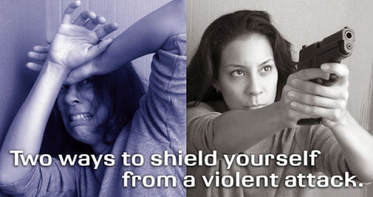


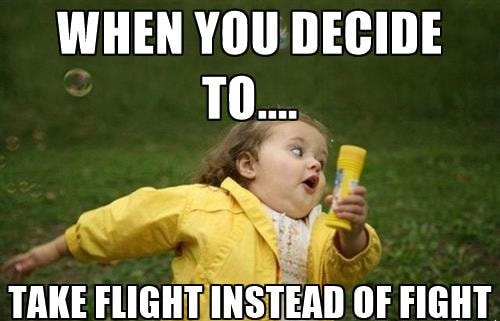
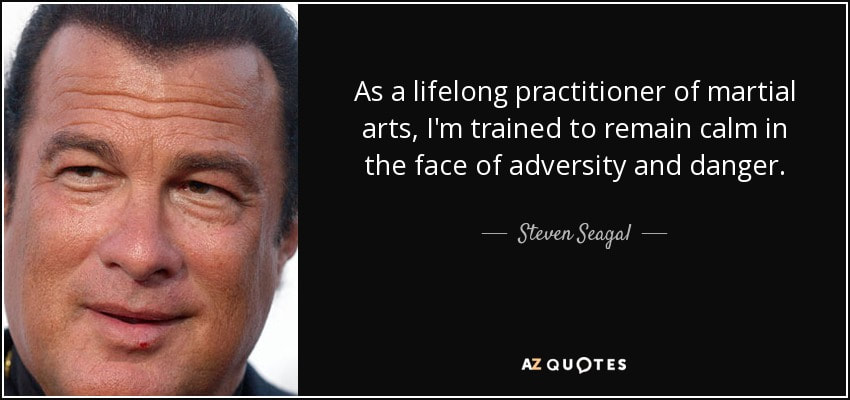
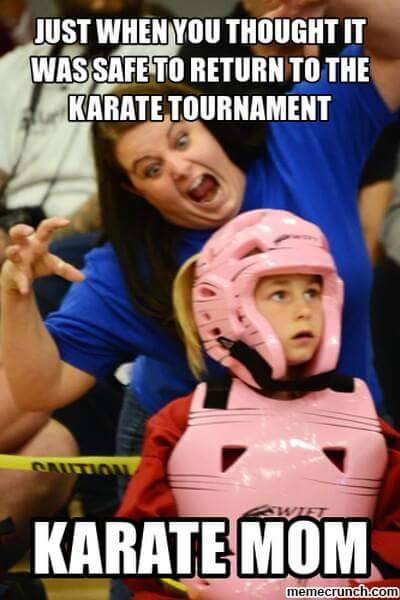


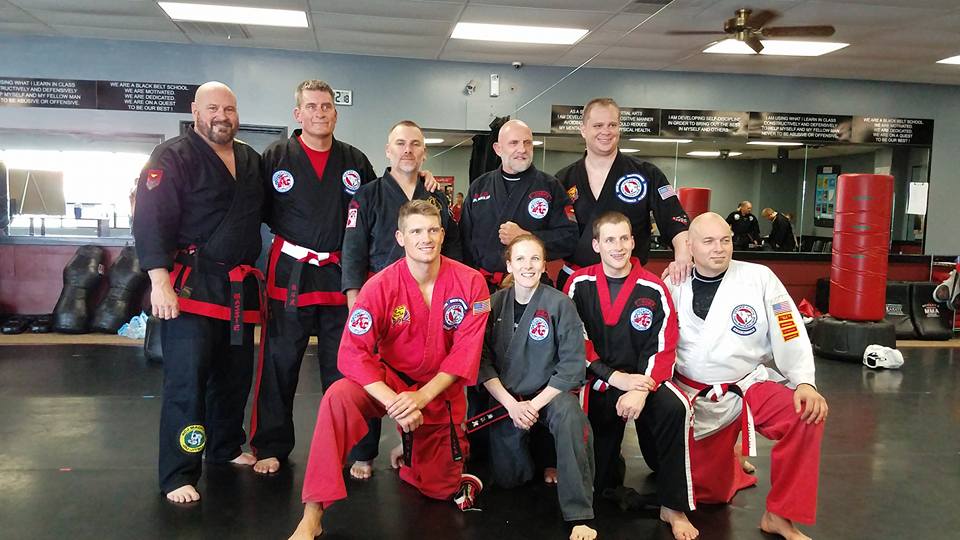
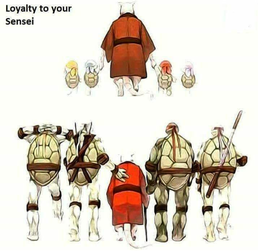
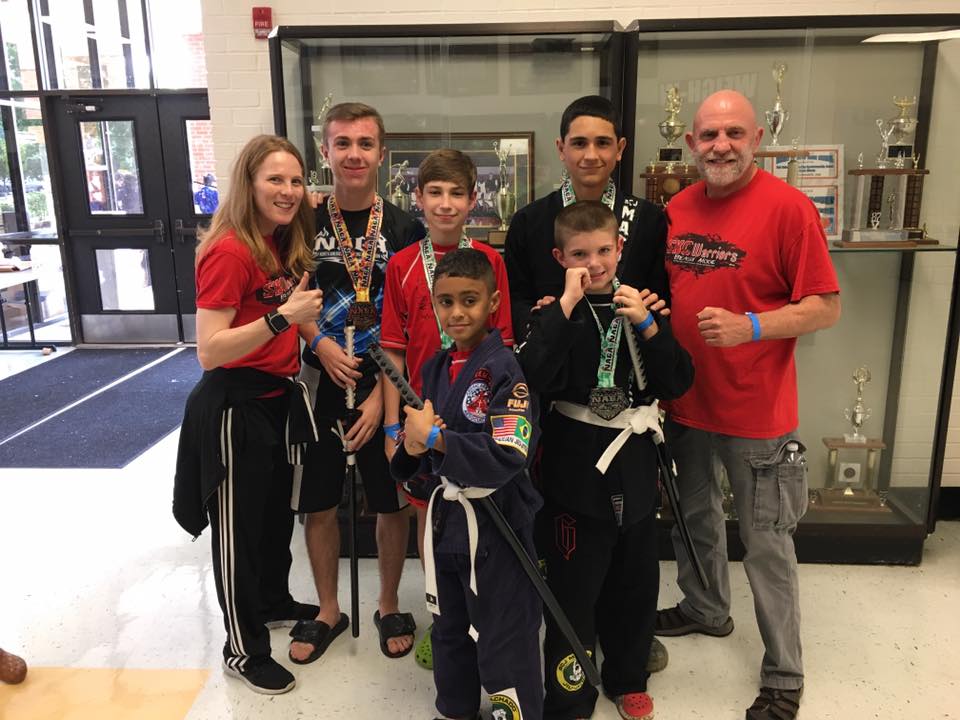
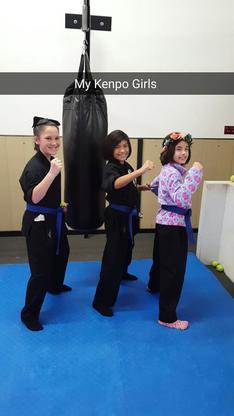
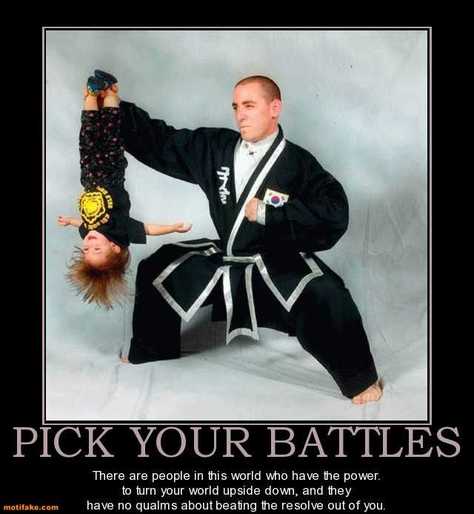
 RSS Feed
RSS Feed